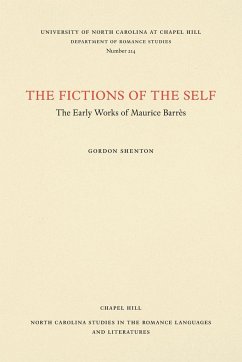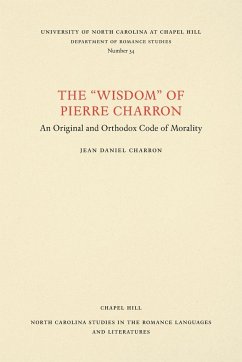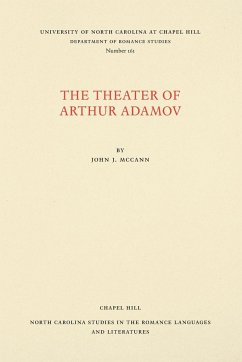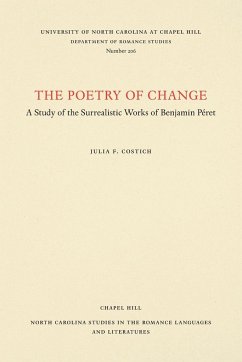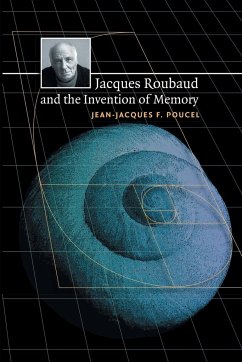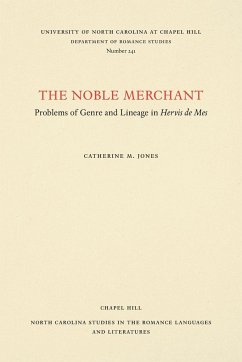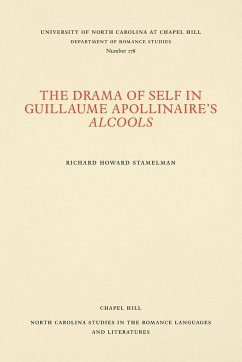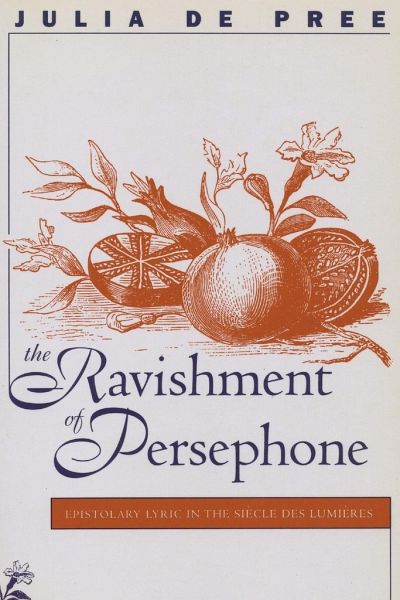
The Ravishment of Persephone
Epistolary Lyric in the Siecle des Lumieres
Versandkostenfrei!
Versandfertig in 1-2 Wochen
31,99 €
inkl. MwSt.

PAYBACK Punkte
16 °P sammeln!
This study delineates a theory of epistolary lyric that refutes historical notions of a siecle sans poesie. Julia De Pree argues that monophonic, epistolary texts written during the Ancien Regime both reflect and resist the Classical legacy and at the same time anticipate the nineteenth-century prose poem. De Pree illustrates her theory of epistolary lyric through readings in the historical canon (Montesquieu, Diderot, Rousseau, Laclos) but emphasizes the contributions of the epistoliere: Francoise de Graffigny, Isabelle de Charriere, and Marie-Jeanne Riccoboni. She argues that through their r...
This study delineates a theory of epistolary lyric that refutes historical notions of a siecle sans poesie. Julia De Pree argues that monophonic, epistolary texts written during the Ancien Regime both reflect and resist the Classical legacy and at the same time anticipate the nineteenth-century prose poem. De Pree illustrates her theory of epistolary lyric through readings in the historical canon (Montesquieu, Diderot, Rousseau, Laclos) but emphasizes the contributions of the epistoliere: Francoise de Graffigny, Isabelle de Charriere, and Marie-Jeanne Riccoboni. She argues that through their relatively short length, their incorporation of blank space, and their monophonic voice, female-authored letter-texts articulate epistolary lyric at the intersection of narrative, theatrical, and poetic codes. De Pree concludes that as a plural and protean form, epistolary lyric anticipates the so-called poetic revolution(s) that transformed nineteenth-century French lyric.





